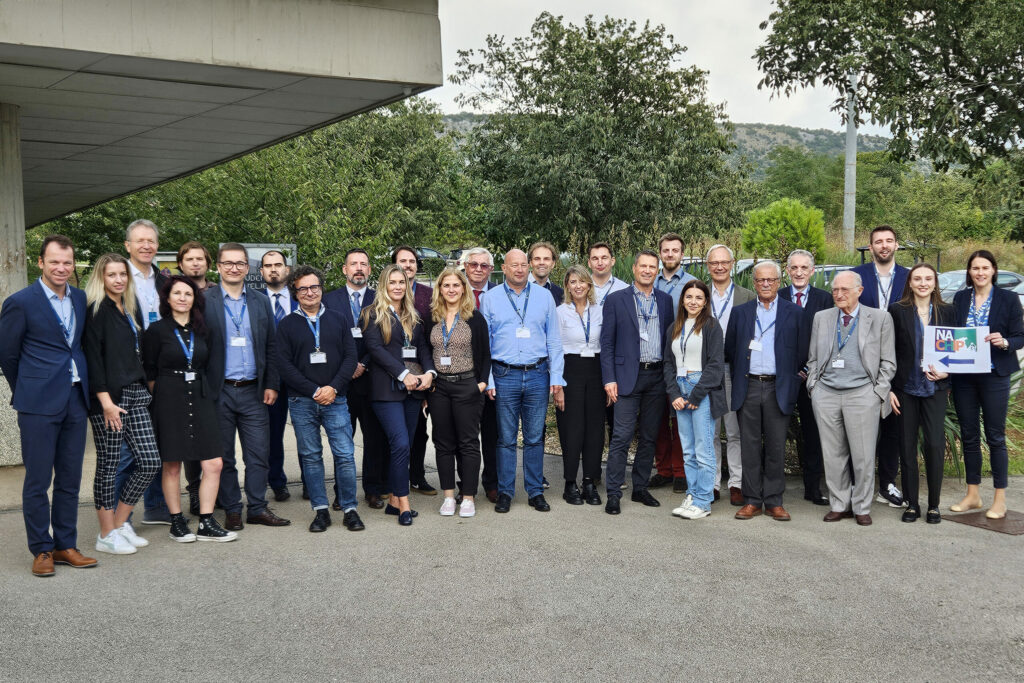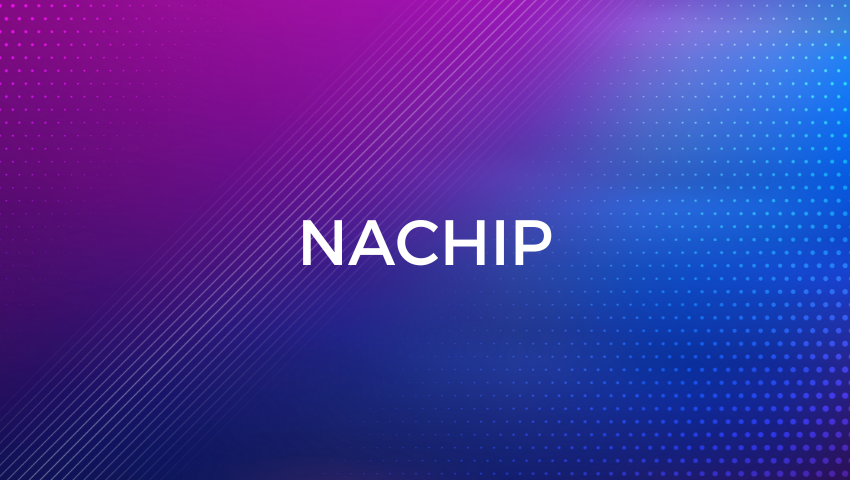NACHIP’s main goals and a wider impact
NACHIP aims to validate nascent technologies at TRL8-9, pilot dynamic clean hydrogen value chains, develop an acceleration programme for transfer of the technologies to market. These results will enable market replicability of innovations across NAHV territories, particularly benefiting less developed regions. Specifically, main goals of NACHIP are:
- Implement and scale-up a portfolio of investment propositions (pilots) for hydrogen-related technologies, initially as TRL 6 or higher, across selected value chains.
- Develop “local hydrogen alliances” around these pilots to anchor further development of target value chains.
- Generate an investable portfolio of hydrogen-related solutions with an acceleration program to support continuous technology maturation, dissemination, and integration into the NAHV ecosystem and beyond.
NACHIP’s activities will accelerate the Hydrogen Ecosystem’s development in the North Adriatic territory and increase its impact. The platform’s design and acceleration programme will facilitate the adoption of hydrogen-related technologies across target cross-regional value chains, fostering collaboration and joint innovation projects aligned with EU priorities. The duration of the project is three years and upon its expiry its results and outcomes will integrate within the governance of the Special-Purpose Vehicle (NAHV SPV) to ensure the initiative’s long-term sustainability, particularly, the continuity of its actions and their replicability both within the North Adriatic area and towards other EU’s regional Innovation Ecosystems.

NACHIP drives sustainable hydrogen solutions in Croatia, Slovenia, and Italy
The NACHIP acceleration programme is developed around five industrial pilot projects aiming to create three hydrogen-base value chains these pilots are outline here, as follows. The municipality of Novalja on the Croatian island of Pag is the site of two innovative pilot cases, what qualifies it as a potential local hydrogen alliance. The first project led by DOK-ING, a Zagreb-based company which manufactures unmanned multi-purpose vehicles, electric vehicles and robotic systems, is based on the idea to develop a prototype of gasification plant for waste materials as a universal gasification system that can process municipal solid waste (MSW) and convert it into valuable products like synthesis gas and charred residue, appropriate for further utilisation where needed.
The second pilot based in Novalja represents an innovation in the Production of Green Hydrogen from Wave Energy. It is led by Leonitus, another Croatian firm based in Zagreb. The investment idea is to develop and deploy a new technology for the production of green hydrogen from wave energy. The technology will be based on a field of submerged devices below the sea level that deform the regular motion of waves and gradually deplete their energy. Hydrogen use in Velenje (Slovenia) is a use case led by ECUBES and is organised as a “local hydrogen alliance”, comprising Municipality of Velenje, KSSENA, ETRA, ECUBES and JSI as key participants. It aims to present a comprehensive solution for generating and efficiently utilising renewable energy based on hydrogen in the urban areas value chain. The focus is on transforming a public building in the Municipality of Velenje (Slovenia), into a demonstrative case for sustainable energy solutions composed of a set of hydrogen technologies.
Cost-efficient cylinders for compressed hydrogen transportation is a pilot project led by Faber Industrie, S. p. a., seated in Udine and focuses on composite designs for a more cost- efficient vessel ensuring improved energy stock mobility. The pilot project led by Serichim of Torviscosa (FVG) focuses on the development of dynamic hydrogen releasers (DHR) to showcase the functionality and efficiency of a prototype DHR. It aims to demonstrate the sustainability of the Liquid Organic Hydrogen Carrier (LOHC) technology for the transport, storage, and release “on demand” of hydrogen and to contribute to the implementation of the European green mobility strategy.
The pilot investments in clean hydrogen technologies within NACHIP will be supported in investments operation and further pilots upgrade and replication by a decision support tool jointly developed in the course of the project by Jožef Stefan Institute and University of Zagreb, Faculty of Electrical Engineering and Computing. The idea behind it is to provide an economically optimal joint decision on how the investment should be sized in different components as well as how it should be operated.
Consortium and collaboration
The NACHIP consortium involves 12 private and public organisations spanning Slovenia, Croatia, and the Friuli Venezia Giulia Autonomous Region (FVG), Italy, led by Jožef Stefan Institute from Ljubljana. Other partners of the NACHIP consortium are: ECUBES, KSSENA, ETRA, DOK-ING, Municipality of Velenje, META Group, META Circularity, University of Zagreb Faculty of Electrical Engineering and Computing, Leonitus, Serichim, and Faber. All are committed to cross-border integration of hydrogen production, distribution, consumption, and clean hydrogen exchange. Collaboration will continue through governance integrated into the NAHV SPV to ensure continuity and maximise its impact.




